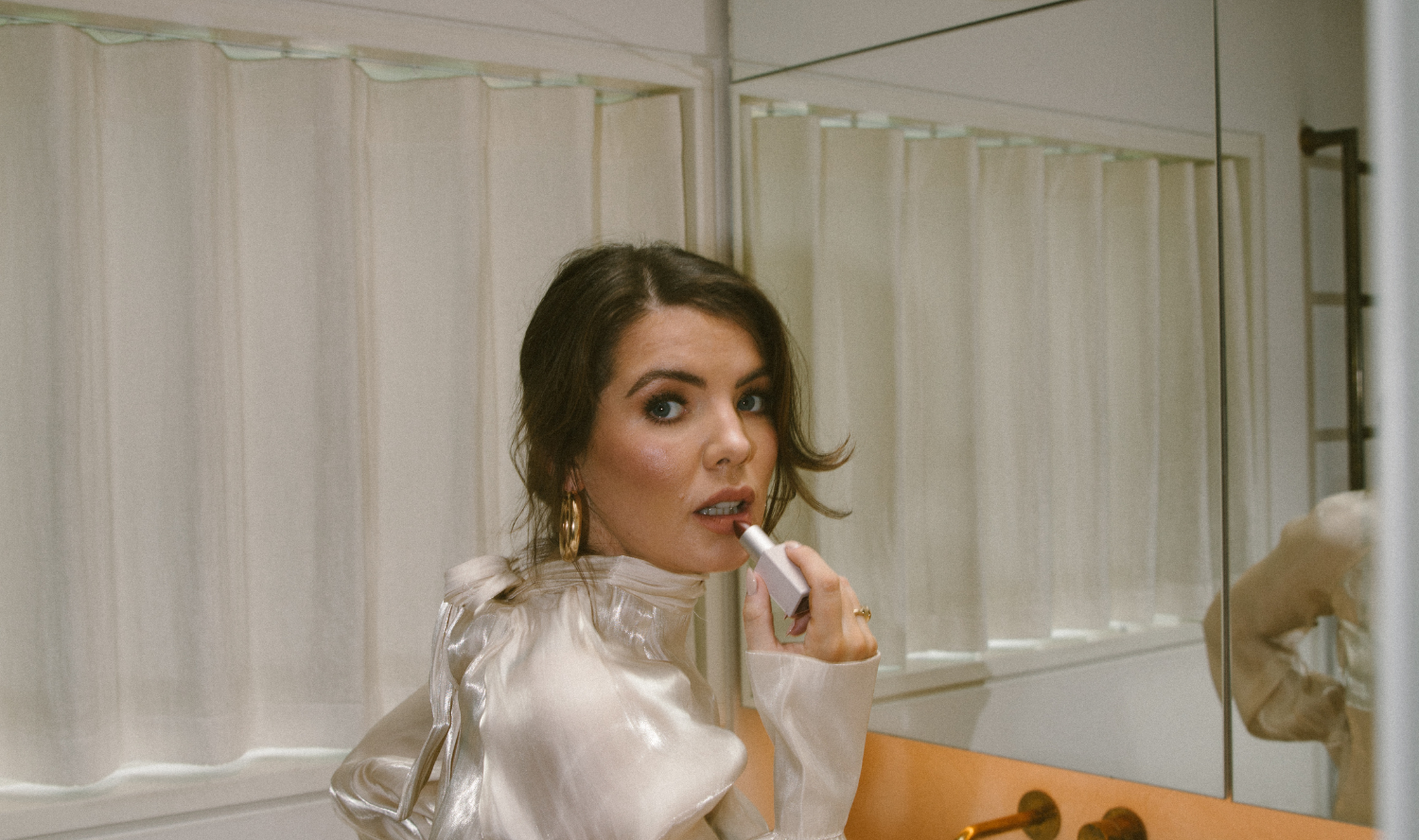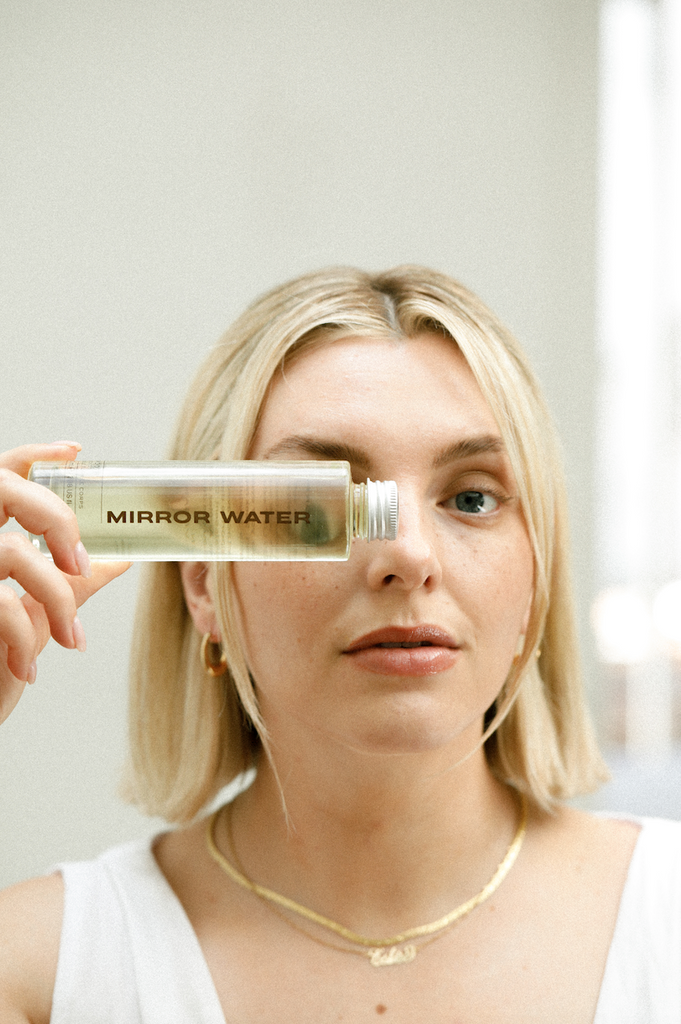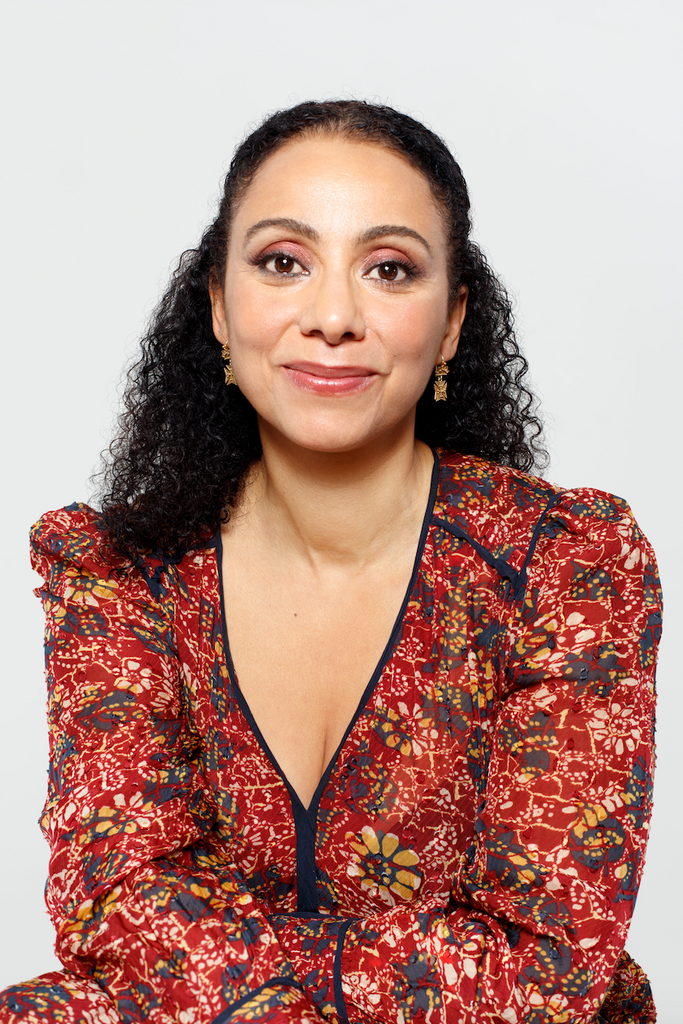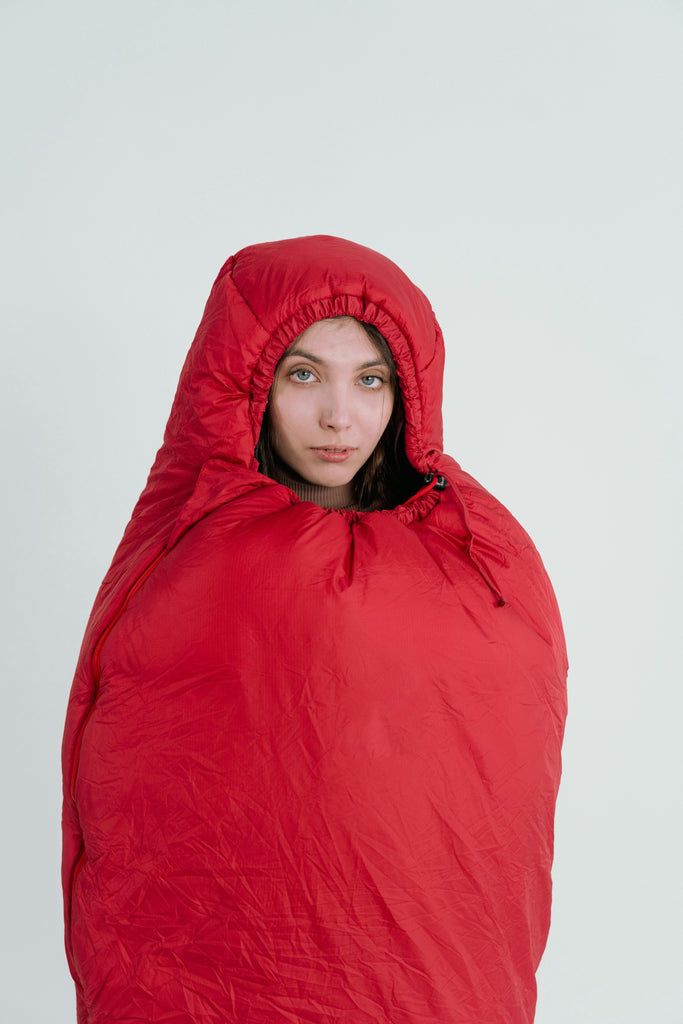Hydroquinone: is often prescribed for hyper pigmentation by dermatologists but should be avoided in pregnancy.
Formaldehyde: This is largely found in luxury haircare products and is largely absorbed into the bloodstream. It should be avoided in pregnancy.
Spironolactone and parabens: Both are proven to be fatal if absorbed into the blood whilst pregnant. Parabens also can raise levels of oestrogen in the body linking them to cancer diagnoses in extreme circumstances.
Chemical sunscreens: SPFS with ingredients such as oxybenzone, avobenzone can cause hormone disruption and should be avoided.
With so much noise and conflicting ideas around skincare ingredients particularly during hormonal and pregnancy periods, it is worth visiting a consultant who can guide you through a personalised process.
Acclaimed aesthetic doctor, Dr David Jack who has extensive understanding of the skin from the inside out, including working with the NHS for terminally ill patients, has two London based luxury clinics focusing on all aspects of skin health, including anti-ageing treatments and aesthetic medicine.
He now has included as part of the service, a pregnancy and fertility wellness area, where in house expert practitioners can create a bespoke, tailored plan to support the skincare journey for pregnant women to those undergoing extensive IVF treatments.
Dr Jo Mennie offers both pregnancy and fertility wellness sessions: From acne, pigmentation, and accelerated loss of collagen and elastin, Mennie takes a holistic, science driven and personalised approach to skincare during this seismic shift for hormones.
Mennie will take you through a thorough consultation, create a tailored skincare regime for you and give a full analysis of your diet, lifestyle (including deficiencies in macro/micro-nutrients) as well as the environmental factors that might be influencing your skin health.



















